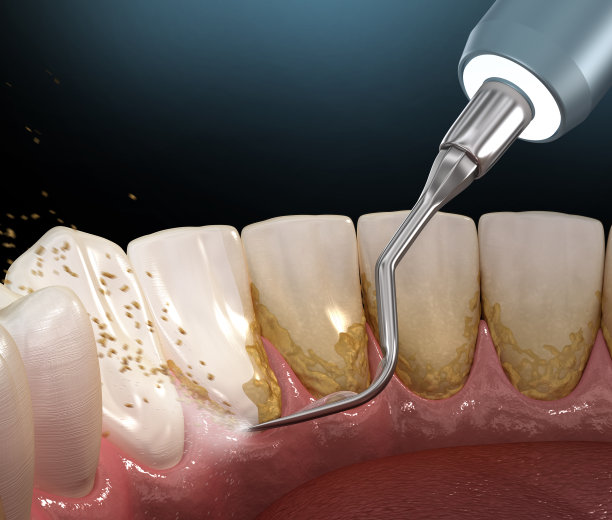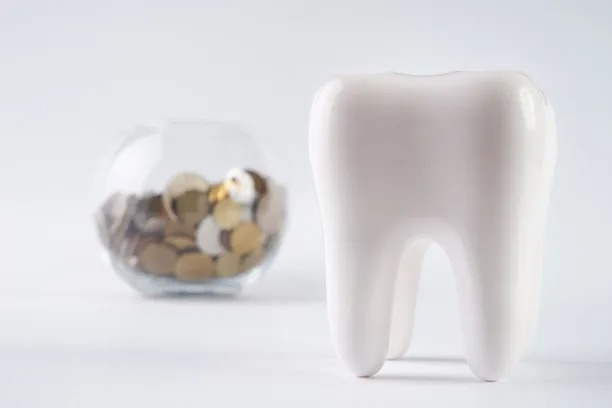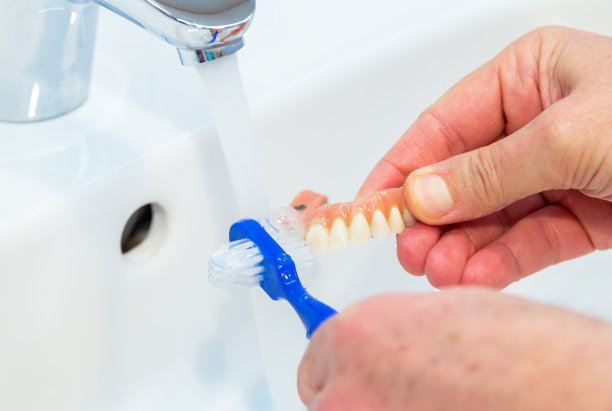Summary: Dental fillings are a common yet crucial dental procedure aimed at restoring teeth affected by decay or damage. To ensure successful outcomes, adhering to essential guidelines and precautions is necessary. This article outlines significant aspects to consider before, during, and after dental filling treatments. Key areas of focus include the importance of selecting the right materials, maintaining good oral hygiene, understanding potential risks associated with fillings, and scheduling regular dental check-ups. By following these precautions, patients can achieve optimal oral health and longevity of their dental fillings, ensuring a brighter smile and overall well-being.
1. Importance of Choosing the Right Filling Material

Selecting the appropriate filling material is crucial for the durability and aesthetics of dental fillings. Patients often have various options, including composite resin, amalgam, glass ionomer, and gold. Each material has its pros and cons, so understanding these can help in making an informed decision.
Composite resin is popular for its natural appearance and ability to bond securely with tooth structure. However, it may not be as durable as amalgam, which is known for its strength but lacks aesthetic appeal. Working with a qualified dentist can help patients weigh factors like location of the filling, personal habits, and budget considerations.
Discussing any allergies or sensitivities to certain materials with the dental professional is also crucial. This proactive approach minimizes the risk of adverse reactions and enhances the chances of a successful treatment.
2. Maintaining Oral Hygiene Pre- and Post-Treatment
Good oral hygiene plays an essential role in the success of dental fillings. Before treatment, it is beneficial for patients to ensure their teeth are free from plaque and tartar buildup. Proper brushing, flossing, and regular dental cleanings contribute significantly to oral health and enhance the effectiveness of filling procedures.
Post-treatment oral care is equally critical. Patients should follow their dentists instructions regarding the care of the newly filled tooth. It is recommended to avoid sticky or hard foods immediately after the procedure, as these can put undue stress on the new filling.
Incorporating a consistent oral hygiene routine, including antibacterial mouthwash and fluoride toothpaste, can help prolong the life of fillings and decrease the likelihood of future decay. Regular follow-ups with the dentist for professional cleanings and examinations are equally important for monitoring the condition of fillings.
3. Understanding Risks Associated with Dental Fillings
While dental fillings are generally safe, being aware of potential risks can help patients prepare adequately. One such risk is tooth sensitivity, which can occur post-treatment due to the filling material or the process itself. Patients should communicate any discomfort to their dentist, who may recommend solutions to alleviate sensitivity.
There is also the possibility of allergic reactions to certain filling materials. Recognizing the symptoms of allergies鈥攕uch as redness, swelling, or itching鈥攃an help in addressing these issues swiftly. Choosing biocompatible materials can significantly reduce the chances of adverse reactions.
Moreover, patients should remain vigilant for signs of improper fitting, which may lead to misalignment or further decay. Regular dental check-ups enable early detection and correction of such issues, ensuring the longevity of the treatment.
4. Importance of Regular Dental Check-ups
Regular dental check-ups are vital for maintaining optimal oral health and the integrity of dental fillings. Such visits allow dental professionals to monitor the status of existing fillings and perform any necessary repairs or replacements before larger problems develop.
During these check-ups, dentists can assess the condition of fillings, check for recurrent decay around them, and ensure that no additional dental issues have arisen. Timely interventions can preserve the health of the affected tooth and minimize future expense and discomfort.
Additionally, these routine visits serve as an opportunity for dentists to reinforce proper oral hygiene practices, provide professional cleaning, and address any patient concerns, ultimately leading to improved oral health and patient satisfaction.
Summary:
In conclusion, successfully undergoing dental filling treatments requires awareness of various critical factors, including the choice of filling materials, diligent oral hygiene, understanding potential risks, and the importance of regular dental visits. By adhering to these essential guidelines and precautions, patients can ensure the longevity of their fillings and sustain optimal oral health for the future.
This article is compiled by Vickong Dental and the content is for reference only.
Vickong Dental
Vickong Dental is a large medical group established in Hong Kong in 2008 by professors from well-known medical universities in Guangdong and Hong Kong, as well as medical doctors from key national '985' universities (including Master's supervisors and senior professors). The chain of branches brings together expert dentists with PhDs and Master's degrees from Hong Kong and Mainland China, committed to providing high-quality dental treatment.
"Vickong Dental Practices the University Motto of 'Healing and Serving Society,' with a Stable Operation for Sixteen Years. It Has Been honored with Hong Kong Enterprise Leaders's Choice,' and is a Global Trusted Implant Center for the Nobel Implant System. Recommended by Hong Kong Metro Broadcast and Guangdong Television, it Serves Customers from Over Thirty Countries and Regions, Gaining the Trust and Favor of Citizens from the Guangdong-Hong Kong-Macau Greater Bay Area and Surrounding Cities.

Thousands of customers' unanimous praise
The most recognized and highly recommended dental service by customers in the Guangdong-Hong Kong-Macau Greater Bay Area
We Ensure You Receive Detailed Care and Attention Here
Hong Kong standards, Shenzhen prices, Your Trusted English-speaking dentists

Vickong Dental Medical-Grade Instrument Disinfection Process
Vickong Dental Medical-Grade Instrument Disinfection Process

Vickong Dental Chain: A Warm and Comfortable Environment for Treatment






Appointment Hours

Q&A
Why choose Vickong Dental?
Vickong Dental practices the university motto 「Medicine to Benefit Society」, with each branch bringing together highly qualified dentists with doctoral and master’s degrees from Hong Kong and the Mainland, and has maintained seventeen years of steady operation。Recipient of 「2024 Hong Kong Enterprise Leaders Brand」, 「2025 Hong Kong Enterprise Leaders Brand」, a Nobel Biocare Global Trusted Implant Center, and a brand recommended by Metro Radio Hong Kong and Guangdong TV。
To date, we have served customers from more than thirty countries and regions,earning exceptionally high word-of-mouth recognition and trusted recommendations from residents across the Guangdong-Hong Kong-Macao Greater Bay Area and surrounding cities
We have eight major branches in Zhuhai、Shenzhen,and a consultation and service assurance center in Hong Kong,so you can book a free consultation at any time for any questions,which is very reassuring.
If I do not accept the quotation after the CT scan, will I be charged??
No! As long as the actual treatment has not started, you will not be charged any fees.
Will there be any additional charges during the treatment process?
No, there won’t be any additional charges. Before treatment begins, we will clearly explain the treatment plan and its corresponding fees. Only after the patient agrees and signs the consent form will we proceed with the dental service.
Can I pay in Hong Kong dollars?
Yes. Vickong Dental accepts payment in Hong Kong dollars. The amount will be converted based on the exchange rate of the day, and the applicable rate will be clearly communicated to you in advance.
Can I reschedule my appointment at any time?
Yes. Please contact us via **WeChat** or **WhatsApp** as early as possible, providing your original appointment time and details, along with your preferred new date and time slot for rescheduling.













